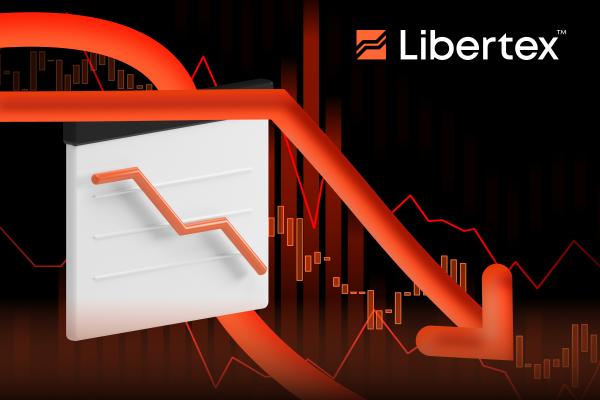To the surprise of many analysts and in complete contradiction to traditional wisdom and historical performance, US equities have been on an unexpectedly positive trajectory since January 2023. Despite the highest levels of inflation in recent memory, a geopolitical situation that seemed to deteriorate by the day, and reduced interest in stocks from supposedly cash-strapped retail investors, the three major US indices of the S&P 500, Nasdaq 100, and Dow Jones Industrial Average have all recorded new all-time highs of $5,147.23, $18,079.65, and $38,843.24, respectively.
But we hit the first stumbling block this week when AI darling Nvidia lost more than 10% in the space of a single trading day. Though we did see some of this ground recovered in fairly short order, and the impact on even the tech-heavy Nasdaq was restrained to less than 2.5%, it was nonetheless a sign that this bull run is just as fragile as any other.
As always, the factors liable to affect the market's movements into 2025 extend far beyond any individual ticker. From jobs data to inflation, all the way through to the so-called "risk reset", the fundamentals impacting and potential arguments for or against a continuation of this equities rally are numerous and varied. So, what are they, and how are they likely to affect stock prices in the medium to long term?
Indicators gonna indicate
As we've already touched upon, this week's dip in stock prices coincided with the release of February's labour market numbers, which were closely watched for clues about the US Federal Reserve's next rate move. While we saw overperformance in terms of new jobs created, with 275,000 jobs added in February (compared to the 198,000 forecast), there were some signs that the unseasonably hot labour market is beginning to cool. Unemployment rose 0.2 percentage points to 3.9%, average hourly wage growth slowed month over month, and January's print of 353,000 new jobs added was corrected to 229,000. After one minor disappointment, analysts' eyes moved sharply to the CPI report release on 13 March. The latest inflation numbers show a 3.2% year-over-year rise last month – an increase on the Bureau of Labour Statistics' January report, which indicated 3.1%. Meanwhile, core inflation, which excludes the more volatile food and energy prices, showed a whopping 3.8% annual increase.
It's as clear a proof as any that the Fed's "wait-and-see approach", which has seen interest rates hold steady for nine consecutive months now, is insufficient to bring inflation back down to the central bank's 2% target. If this trend continues into April, it's hard to envisage a scenario where the Fed won't be required to consider further rate hikes. And with multiple 2024 rate cuts already taken for granted and priced into US indices, we could see a significant correction.
Risk on, risk off
There is, however, another fundamental factor that could well negate all of the above, and that is a psychological shift that has been observed in investor behaviour during the recent stock rallies on the S&P 500 and Nasdaq 100.
Senior portfolio managers such as Evan Brown of UBS Asset Management have dubbed the mass change of heart "a risk reset" and attributed the root cause to the non-materialisation of a long-anticipated recession. It's true that rising inflation and slow wage growth, coupled with geopolitical uncertainty and supply chain issues, should have brought about a recession, but instead, we've seen quite the opposite as stocks quietly strengthened throughout 2023 and beyond.
In reality, figures from JP Morgan showed that companies on the S&P 500 collectively beat EPS projections by 7% during the Q4 earnings season, with sectors such as consumer staples and communication services disproving the cynics who said higher borrowing costs would hit profits. The slight increase in inflation this month has only pushed back the predicted date of the first Fed rate cut and reduced their expected total for 2024 from six to four. The fact that many investors are late to the party on account of recession fears will only help to extend this current bull market beyond its usual bounds. In fact, Bank of America has even raised its year-end S&P 500 forecast to 5,400, demonstrating confidence in a protracted rally to 2025 at least.
Trade US CFD stocks with Libertex
Libertex offers a wide range of CFDs available with underlying assets from forex, metals and energy to stocks, ETFs and, of course, indices. Libertex offers long or short CFD positions in a variety of equities instruments, including the S&P 500, Nasdaq 100 and Dow Jones Industrial Average indices, as well as hot individual stocks such as Nvidia and Tesla. For more information or to create an account today, visit www.libertex.com/signup


